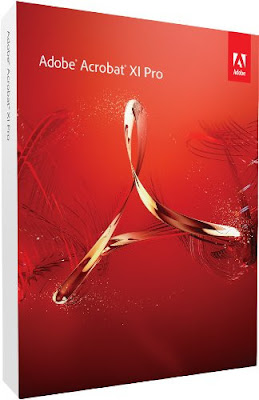
These have not been checked for accessibility. In addition, Acrobat 10 Pro offers several other word processor and web format saving options. The default file format for Acrobat 10 Pro is Adobe Portable Document Format (PDF).

The WCAG working group has provided PDF Techniques for WCAG 2.0. Note: If you are creating forms, web pages, applications, or other dynamic and/or interactive content, these you should also consult the W3C-WAI Web Content Accessibility Guidelines (WCAG 2.0). Typical of office-style workflows (Reports, letters, memos, budgets, presentations, etc.).Self-contained (i.e., without hyperlinks to other documents, unlike web content), and.and do not include audio, video, or embedded interactivity), Fully printable (i.e., where dynamic features are limited to automatic page numbering, table of contents, etc.Text-based (i.e., not simply images, although they may contain images),.These techniques can help you to use Acrobat 10 Pro to create documents that are:

We recommend considering HTML instead of or in addition to PDF where appropriate.

Note: While PDF accessibility has improved over the years, accessibility support for PDF by authoring tools, viewers, and assistive technologies (e.g., screen readers) is not as widespread as for HTML documents. Acrobat 10 Pro includes an accessibility checking feature. At the time of testing (March 2013), Acrobat 10 Pro (Windows) enables the production of accessible digital documents.


 0 kommentar(er)
0 kommentar(er)
